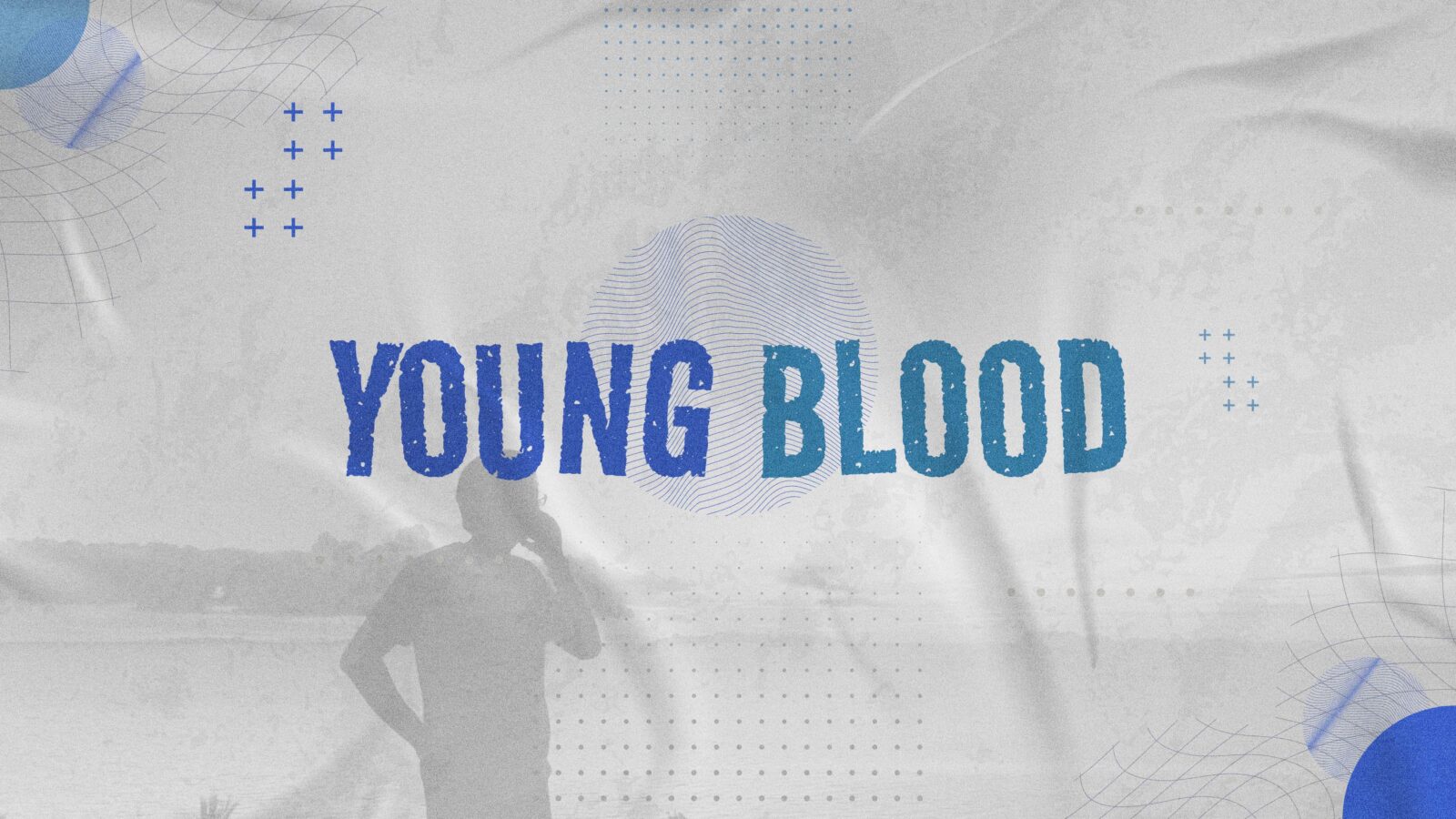The fight against propaganda

I finished “Sunrise on the Reaping” in just over a day, and I’m still sitting with it, turning it over in my mind. There’s something about the way Suzanne Collins tells a story, how it feels so personal yet eerily in tune with the world around us.
With every chapter, I couldn’t shake the parallels to what’s happening in the Philippines, the way narratives are shaped, facts are blurred, and reality is manipulated right before our eyes. Fiction isn’t just an escape. Sometimes, it’s the thing that makes you see the world more clearly than ever.
More than just a story, this book hits close to home. It landed in my hands just a week after Rodrigo Duterte’s explosive arrest, a moment that ripped open the deep divides in our country. Watching everything unfold, I couldn’t help but notice how political discussions aren’t really discussions. They’re battles, fought with propaganda that never seems to stop.
Social media isn’t just a place to connect anymore. Every time I open my feed, it’s like stepping into the middle of that chaos. I scroll past headlines so blatantly false it should be laughable, but they’re being shared by people I know. Family. Friends. Colleagues. They’re not bots, not trolls, just ordinary people passing along lies dressed as facts. Not out of malice, but because they’ve been conditioned to reject anything that challenges the version of reality they’re most comfortable with. It makes me wonder, do people believe these things because they’ve been manipulated, or because facing the truth is harder than looking away? And if we’re this willing to accept convenient falsehoods in politics, what does that say about the way we handle truth in our own lives?
More and more people are ditching traditional news outlets, turning instead to vloggers and content creators who feel more relatable, more like someone they can trust. I get it. To them, mainstream media may feel distant, sometimes even scripted. The problem is that most people don’t even realize they’re trapping themselves in echo chambers. They stick to sources that tell them what they already believe, never really questioning if there’s another side to the story. Instead of being challenged by different perspectives or actual facts, they just keep hearing the same things over and over, until it all starts to feel like the only truth that exists.
Collins’ words, “the snow may fall, but the sun also rises,” made me stop and think. It forced me to step back and question the narratives being fed to us. Truth isn’t always erased. Sometimes, it is simply reshaped to serve those in power. “Sunrise on the Reaping” doesn’t just explore propaganda. It lays bare how misinformation works, not just by spreading lies, but by controlling perception itself. Those in power don’t have to erase the truth. They just have to rewrite it.
We have seen this happen firsthand in the Philippines, especially with the rewriting of the Edsa revolution. What was once a defining moment of resistance and unity is now being reframed as nothing more than political theater. The government has even removed it from the list of national holidays, quietly pushing it into obscurity. The sacrifices and the hard-won truths are being buried under layers of distortion. The worst part is that people believe it.
The consequences of this reach far beyond politics. When truth becomes malleable, when facts are debatable, and when history is rewritten, it affects more than just our understanding of the past. It shapes the way we view our present and the choices we make for the future. Your willingness to question information, look at different perspectives, and think critically about what you read isn’t just about politics; it is a reflection of your approach to life itself. Do you question authority, or do you accept things at face value? Do you seek knowledge, or do you settle for convenience? The way we discern news is the way we discern everything else, our relationships, our careers, our beliefs. And when a nation collectively chooses comfort over truth, the system wins.
We believe what we do because of our principles, our upbringing, and the experiences that shaped us. And we should have the freedom to form those beliefs. But when that freedom is manipulated, when people are fed lies to keep a corrupt system intact, it becomes clear how easily our own vulnerabilities are used against us. Conversations stop being conversations. They turn into arguments, and the divide only grows deeper. But at some point, we have to step back and see the bigger picture. The real enemy isn’t the person who disagrees with us. It’s not the loud debates or the political drama. It’s the system that feeds us these deceptions, that twists every narrative to keep us distracted and in line.
“Sunrise on the Reaping” isn’t just a book. It’s a warning. The fight against propaganda isn’t some dystopian plot. It’s happening right now. And as history is rewritten and the truth is distorted right in front of us, the most important thing is to hold on to what’s real.
Remember who the real enemy is.
—————-
Yanyan Arellano, 29, is a digital marketer from Hinoba-an, Negros Occidental.

















